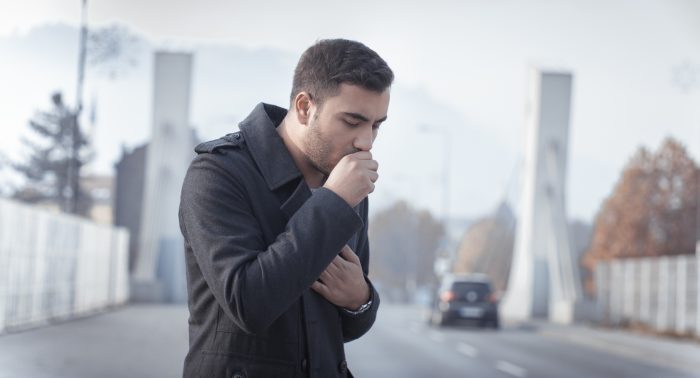
Could a Shot Save You?
Your mother is sick. The doctor wants to put her on medication, but she refuses. A few days later, she’s in the hospital. And a few days after that, she passes away. The cause?
Pneumonia. True story. And all too common. Instead of “mother,” insert “brother,” “friend,” or even yourself.
While many cases are curable, it can turn serious in a matter of days or even hours. It can become “invasive” or lead to complications such as meningitis.
Those at high risk (and who benefit from the pneumonia vaccines) are adults over 65, children under age 5, those with certain medical conditions, and smokers.
Symptoms
Pneumonia can look a lot like cold and flu. It can also be a complication after having the flu.
Symptoms of pneumonia include:
- Cough, which may produce phlegm or pus
- Nausea, vomiting or diarrhea
- Shortness of breath
- Chest pain when you cough or breath
- Fever, sweating and shaking chills
- Fatigue
- If age 65+, confusion or mental changes, or lower than normal body temperature
- Having the flu, feeling better, than worse again
Prevention
- Don’t smoke or stop smoking
- Get the flu vaccine. This helps prevent pneumonia, regardless of your age.
- Wash your hands with soap and water for at least 20 seconds.
- Keep your immune system strong with plenty of rest, a good diet, and physical activity.
- If you’re eligible, you may also benefit from the pneumonia vaccines.
Should You Get the Vaccine?
There are two types of vaccines, which cover different strains of disease. The pneumococcal vaccines are PCV13 (Prevnar 13®) and PPSV23 (Pneumovax23®).
Pneumococcal vaccines are particularly important for:
- Adults who are 65 years old or older.
- People who have chronic (ongoing) diseases, serious long-term health problems, or weak immune systems. For example, this may include people who have cancer, HIV/AIDS, asthma, sickle cell disease, or damaged or removed spleens.
- People who smoke.
- Children who are younger than five years old.
- Children older than five years of age with certain medical conditions such as heart or lung diseases or cancer.
Sources: CDC, Mayo Clinic


